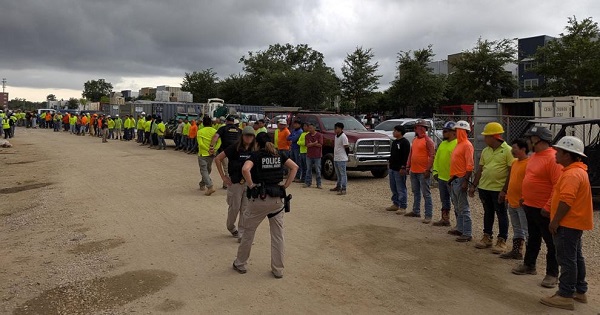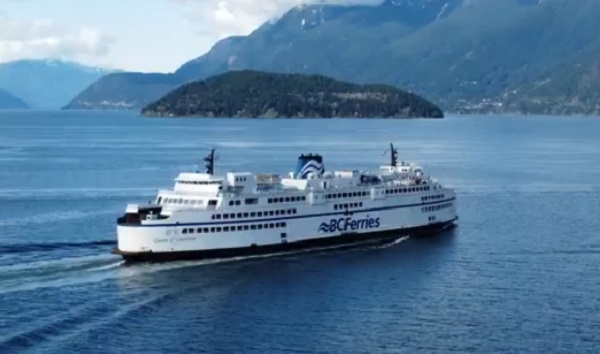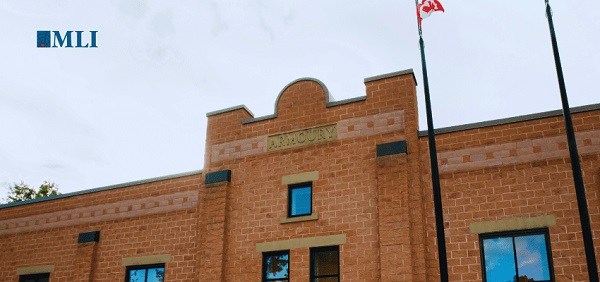From The Center Square
By Andrew Rice
The Trump administration’s immigration policies are leading to worker shortages and delayed projects across the construction industry, according to a new report.
A survey conducted in July and August by the Associated Contractors of America and the National Center for Construction Education and Research found more than one in four respondents said their firms were affected by increased immigration enforcement in the past six months.
Respondents said increased immigration enforcement is making it more difficult for firms to recruit workers. Ten percent of firms reported using the H-2B visa program, which is used for recruiting nonagricultural foreign workers, to recruit salaried and hourly workers.
Congress set the cap for H-2B visa allowances at 66,000 in fiscal year 2026. The program offers temporary work for the first and second halves of the year to foreign employees.
Jordan Fischetti, an immigration policy fellow with Americans for Prosperity, said government allowances for visa programs do not meet the demand of the current workforce.
“Immigration for a long time has been centrally planned, so there’s just not a very strong appetite for letting the market do its work,” Fischetti said.
The report found 83% of firms with craft worker openings reported that positions are hard to fill or harder to fill than one year ago. Eighty-four percent of firms with openings for salaried workers also reported it was hard or harder to fill positions than one year ago.
Five percent of respondents reported their jobsites or work sites were visited by immigration agents and 10% said workers did not report or quit due to rumored immigration enforcement allegations.
Contractors in Georgia, Virginia, Alabama, Nebraska and South Carolina were more likely to be impacted by immigration enforcement, according to the report.
The report found worker shortages were the most commonly listed reason for project delays. Two-thirds of firms reported at least one project in the last six months was postponed, canceled or scaled back. The survey took into account more than 1,300 individuals across various contracting and construction firms.
Michele Waslin, assistant director of the University of Minnesota’s immigration history research center, said the construction and agricultural industries have been deeply affected by the Trump administration’s immigration policies.
“Some businesses really do have a labor shortage, and they’re unable to hire American workers, and they want to hire foreign workers and it’s not that easy to do in many cases,” Waslin said.
A separate poll commissioned by The Center Square found 85% of registered voters think it is either somewhat or very important to create legal pathways for construction workers to live and work in the United States.
The poll, conducted by RMG Research in conjunction with Neapolitan News Service, surveyed 1,000 registered voters in August and found vast agreement across partisan lines, age and race in its support for legal pathways in construction.
Fischetti said both employers and the American public have expressed interest in allowing more flexibility in the immigration system and he wants to see Congress modernize in response.
“We really need to work on providing pathways,” Fischetti said. “I don’t just mean pathways to legalization, pathways to certainty.”















